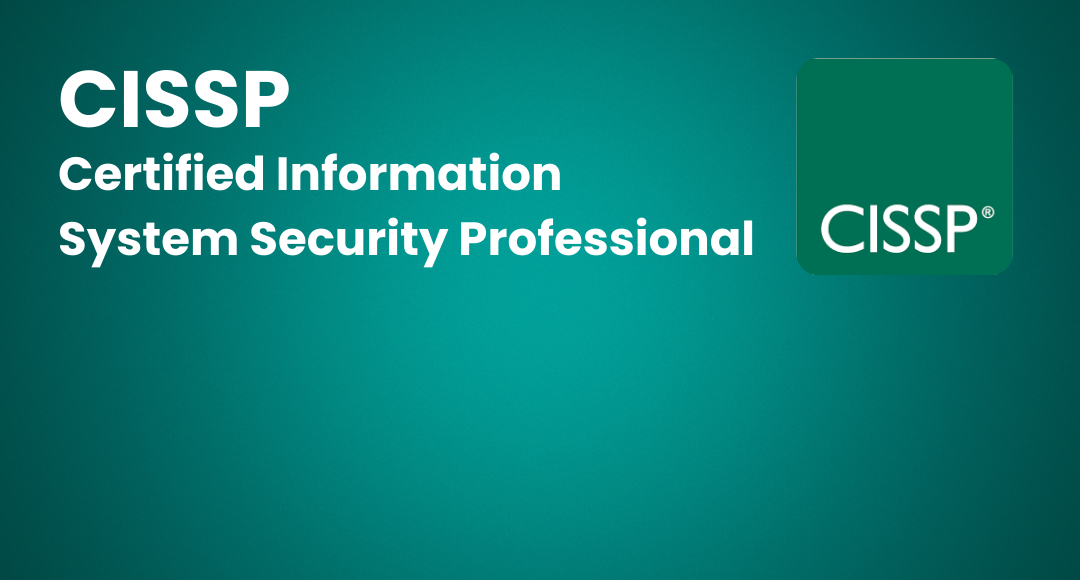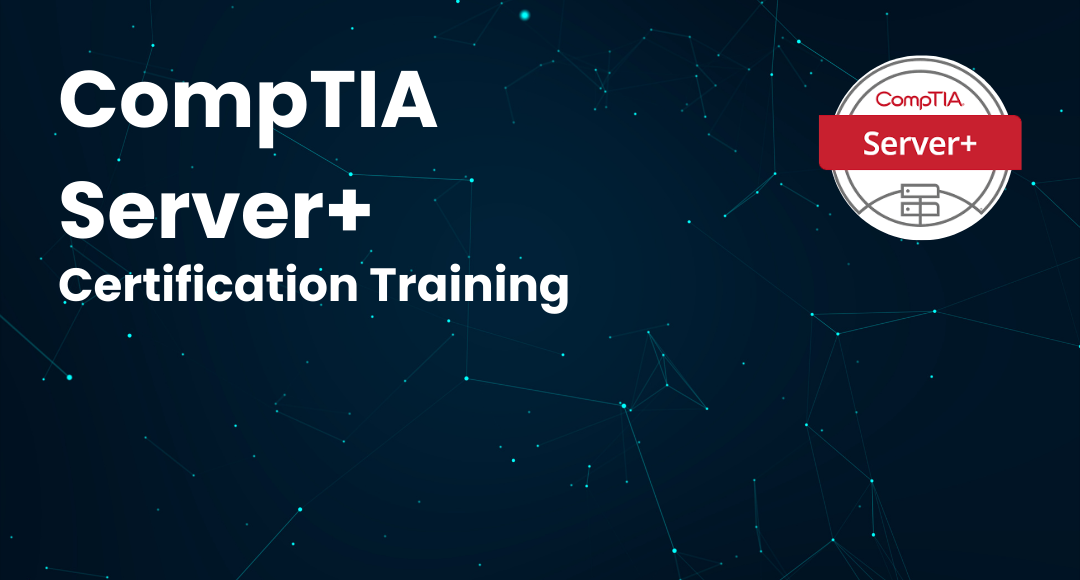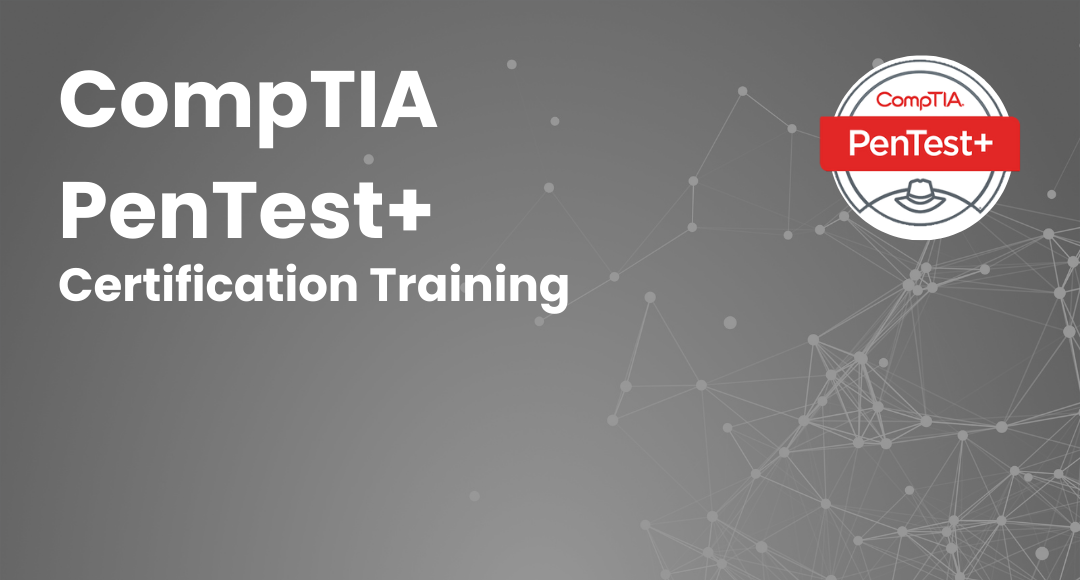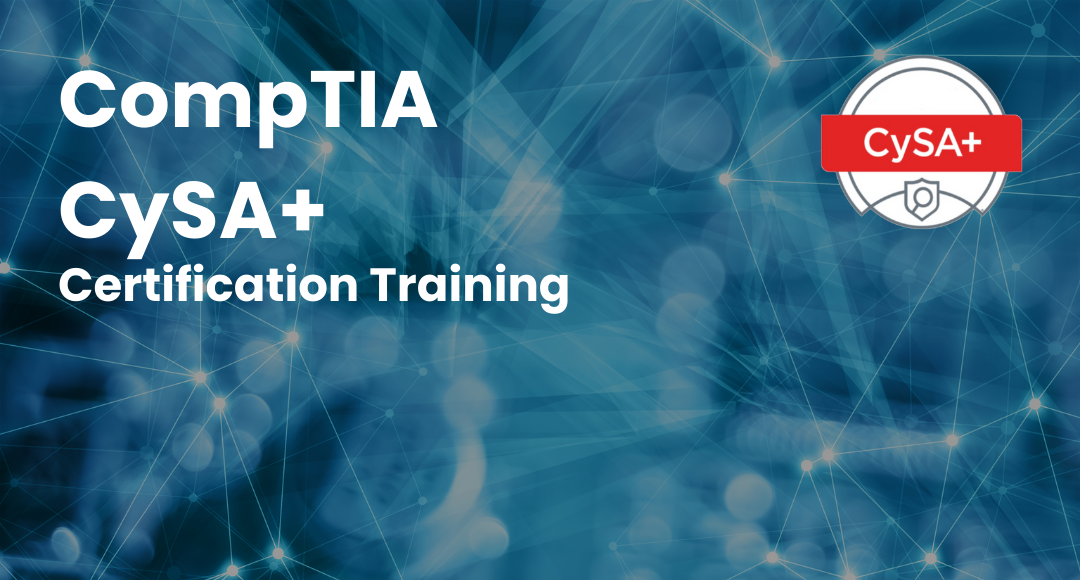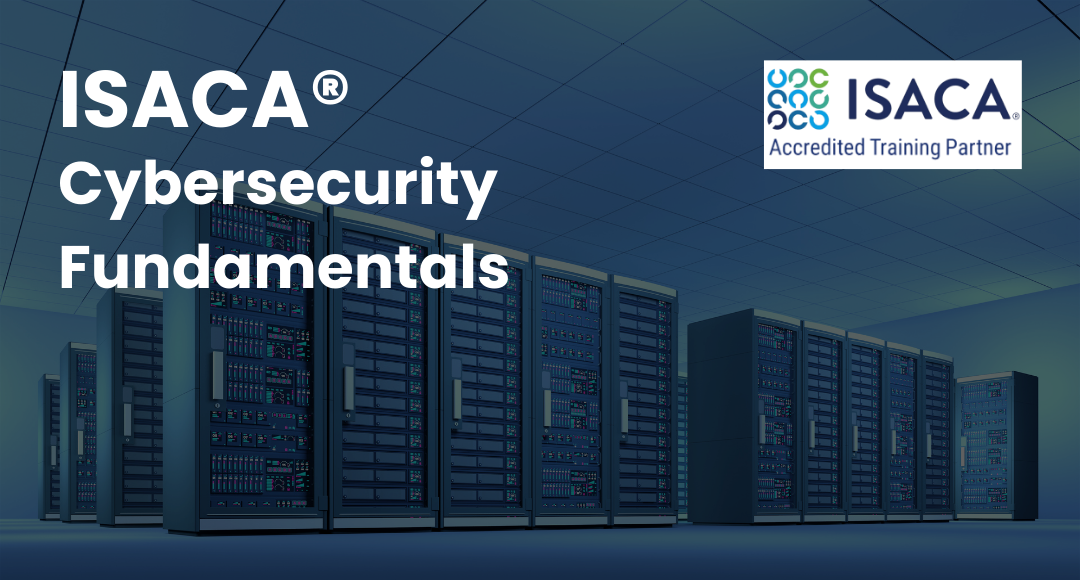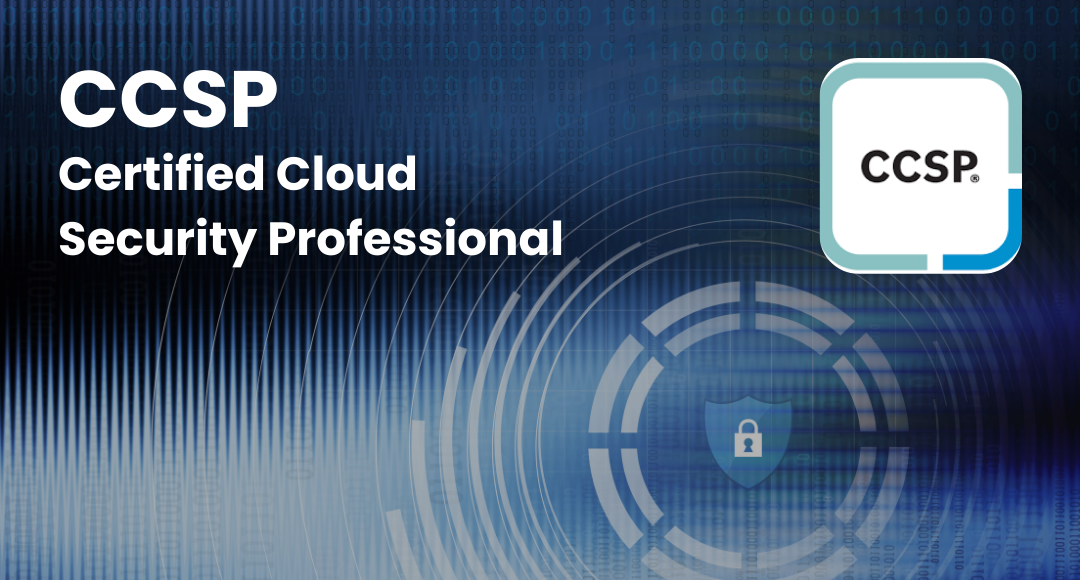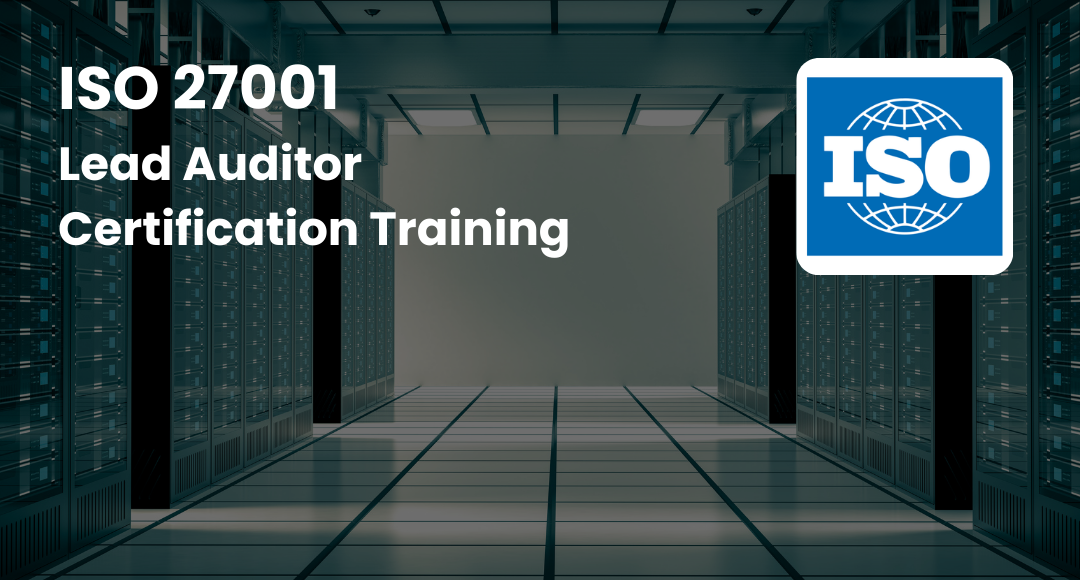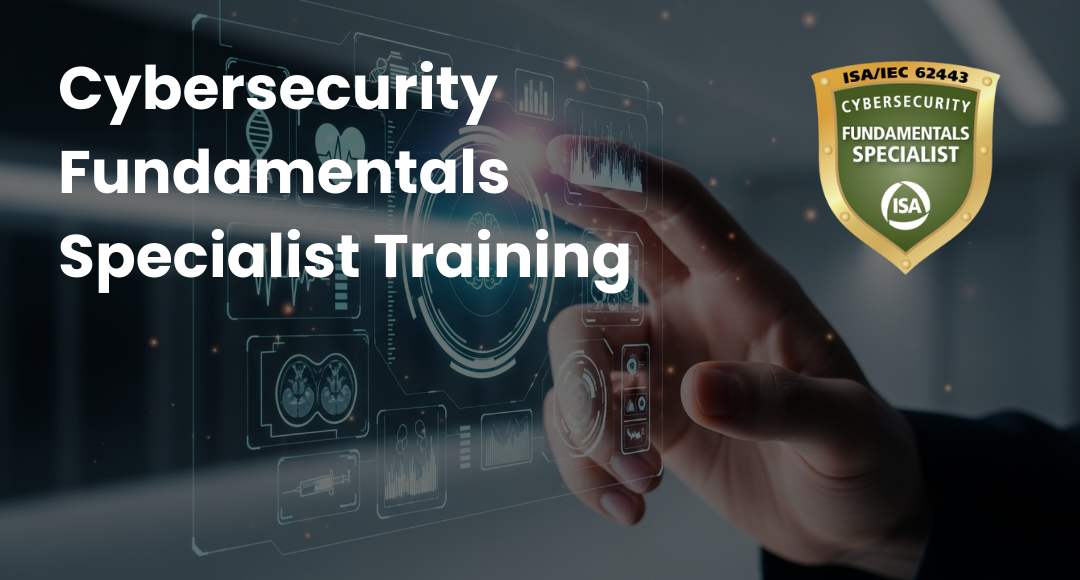Understanding Risk assessment in audit planning
-
 By Niharika Chaurasia
By Niharika Chaurasia
- Published on Dec 4 2023

Table of Contents
- Definition of Risk Assessment in Audit Planning
- The Fundamentals of Risk Assessment
- Understanding the Components of Risk in Audit
- Risk Assessment Procedures
- Risk Assessment for Ensuring Audit Effectiveness
- Challenges in Risk Assessment
- Strategies for Overcoming Challenges
- Become a Certified Information System Auditor
- Final Thought
- FAQ
Definition of Risk Assessment in Audit Planning
Risk assessment in audit planning is a crucial step in the auditing process, involving the careful evaluation of potential risks that could impact the success and reliability of an audit. Risk assessment essentially means identifying, analyzing, and understanding the various factors that may affect the outcome of an audit engagement. It's like a detective's work before solving a case – anticipating potential challenges and pitfalls.
In the world of audits, this process is essential to pinpoint areas where errors, fraud, and cybersecurity threats might occur. By clearly defining what risks might be present, including those related to cybersecurity planning, auditors can tailor their strategies accordingly, ensuring a more focused and effective approach to risk mitigation. Essentially, risk assessment acts as the compass, guiding auditors through the maze of financial data and potential cybersecurity challenges to ensure a thorough and reliable examination.
In this blog, we will delve into the fundamentals, components, and procedures of risk assessment, shedding light on its pivotal role in the effectiveness of the entire audit process. Let's embark on this journey to demystify the world of risk assessment in audit planning.
The Fundamentals of Risk Assessment
In the world of auditing, understanding Risk Assessment is like to having a reliable compass for navigating the intricate landscape of financial examination. To embark on this journey effectively, it's crucial to grasp the fundamental principles that underpin risk assessment in audit planning.

Before auditors jump into the nitty-gritty of risk assessment procedures and audit planning, a solid understanding of these fundamental concepts is paramount. Why? Because it forms the bedrock of a successful audit. Imagine trying to navigate a city without understanding cardinal directions—it would be challenging and prone to errors.
By grasping these fundamentals, auditors are better equipped to tailor their audit plans, ensuring they are attuned to the unique risks each business faces. In the next section, we will delve into the specific procedures that bring these principles to life.
Understanding the Components of Risk in Audit
In the realm of audit planning and Risk Assessment in Audit Planning, a crucial aspect is understanding the various components of risk that play a pivotal role in ensuring the reliability of the audit process. Let's delve into these components:
Identifying Key Components of Risk
Audit, at its core, faces three primary components of risk:
Inherent Risk
Inherent risk is like the DNA of a business; it's the risk that exists even if everything is operating as it should. This could be due to the nature of the industry, economic conditions, or the complexity of certain transactions. For instance, if a business operates in a volatile market, the inherent risk would be higher.
Control Risk
Now, imagine a set of traffic lights controlling the flow of cars. Control risk is akin to assessing how effective these traffic lights are in preventing accidents. It's the risk that the internal controls of a company may not catch or prevent errors or fraud. If a company lacks robust internal controls, the control risk is higher.
Detection Risk
Detection risk is about the auditor's ability to spot mistakes or irregularities during the audit. Think of it as the sharp eyes of a detective scanning through evidence. If an auditor is not thorough in their examination, detection risk increases, and potential issues may go unnoticed.
Interplay of These Components in the Audit Process
In the time of audit, these components interact dynamically. Imagine a delicate balance beam routine at the Olympics:
High Inherent Risk
The auditor recognizes a business operating in a high-risk industry. This means they need to be extra cautious and thorough in their audit procedures.
High Control Risk
If internal controls within a company are not up to snuff, the auditor may need to adjust their audit plan to account for this increased risk.
High Detection Risk
If an auditor's procedures are not meticulous, there's a risk they might miss critical errors or fraudulent activities during the audit.
Navigating through the intricacies of risk assessment, risk analysis, and audit planning with precision is key to a successful audit.
Risk Assessment Procedures
In the realm of audit planning, Risk Assessment Procedures play a pivotal role in ensuring a thorough and effective examination of financial statements and processes. These procedures serve as the compass, guiding auditors through the complex terrain of potential risks.

- Risk Identification
Risk Identification marks the starting point of the audit journey. Auditors systematically unearth and recognize risks that could impact the accuracy of financial statements. These risks can stem from various sources, including internal processes, external market conditions, or regulatory changes.
- Risk Analysis
Once risks are identified, the next step is Risk Analysis. Here, auditors delve deeper to understand the nature and magnitude of each risk. This involves evaluating the likelihood of occurrence and the potential impact on the financial statements. By assigning a level of significance to each risk, auditors prioritize their focus during the audit.
- Risk Response
Armed with a comprehensive understanding of identified risks, auditors proceed to Risk Response. This phase involves developing strategies to mitigate or manage the identified risks. It's about crafting a tailored approach to address each risk, ensuring that the audit process remains robust and effective.
- Ongoing Risk Assessment
Importantly, risk assessment isn't a one-time endeavor confined to the planning phase. Ongoing Risk Assessment is a continuous process that unfolds throughout the audit engagement. Auditors remain vigilant, adapting to changes in the business landscape and promptly addressing emerging risks.
Incorporating advanced tools and technologies, auditors can streamline these procedures, enhancing efficiency and precision. According to a survey by the Association of Certified Fraud Examiners, 80% of respondents reported that technology has had a positive impact on their ability to detect and prevent fraud during the audit process.
Risk Assessment for Ensuring Audit Effectiveness
In the world of auditing, success hinges on a fundamental process: Risk Assessment. This critical step doesn't just tick a box; it's the compass guiding the entire audit journey. Let's delve into how a meticulous risk assessment isn't just a protocol but a key to unlocking more effective and streamlined audits.Top of Form
Strategic Insight
Risk assessment isn't a checkbox exercise; it's a strategic tool. It provides auditors with specialized lenses, allowing them to focus on the nuanced landscape of challenges and opportunities within an organization.
Components of Risk
Understanding the intricacies of risk components, such as inherent risk, control risk, and detection risk, gives auditors a tailored perspective and a comprehensive view of potential pitfalls.
Roadmap for Focus
A robust risk assessment isn't arbitrary; it's a roadmap. It guides auditors to concentrate on areas of genuine significance. Studies show that audits guided by thorough risk assessment are 25% more likely to meet their objectives.
Questioning for Precision
It's more than ticking boxes. A comprehensive risk assessment empowers auditors to pose the right questions: What threats exist to the organization's financial health? Where do internal controls need strengthening?
Efficiency Boost
Efficiency is the ally of effectiveness. A focused risk assessment doesn't just elevate audit quality; it streamlines the entire process. Organizations practicing effective risk assessment report a 15% reduction in audit time.
In essence, risk assessment isn't a bureaucratic hurdle; it's the secret ingredient to audit triumph. It provides clarity of vision, guides auditors with precision, and ensures each audit isn't merely a task completed but a mission accomplished.
Challenges in Risk Assessment
Risk assessment is a crucial step in audit planning, but it comes with its fair share of challenges. Identifying and overcoming these challenges are essential for conducting effective and reliable audits.

- Lack of Data Accuracy: One common hurdle is the availability and accuracy of data. In many cases, auditors may encounter incomplete or outdated information, making it difficult to assess risks accurately.
- Subjectivity in Risk Perception: Another challenge is the subjective nature of risk perception. Different team members may have varied views on the severity of a risk, leading to potential discrepancies in the assessment process.
- Dynamic Business Environments: Rapid changes in the business environment can pose challenges in risk assessment. Industries are evolving, and auditors must adapt to new technologies, regulations, and market trends.
- Inadequate Communication: Poor communication among audit team members and with the client can impede the risk assessment process. Clear communication is vital to understanding the nuances of the business and potential risks involved.
- Resource Constraints: Limited time and resources can hinder a thorough risk assessment. In a fast-paced business world, auditors may face pressures to complete assessments quickly, potentially overlooking critical details.
Strategies for Overcoming Challenges
Challenges in risk assessment and audit planning are part of the audit landscape, but auditors can proactively address these issues with effective strategies. Here are practical solutions to navigate common challenges associated with risk assessment, risk analysis, and audit planning:
- Data Quality Improvement: To combat issues related to data accuracy in Risk Assessment, auditors should advocate for regular data quality assessments. Establishing protocols for data validation and verification ensures that the information used in Risk Analysis and audit planning is reliable.
- Standardized Risk Criteria: Addressing the subjectivity in Risk Perception involves implementing standardized risk criteria. Developing a clear framework with predefined risk categories and severity levels helps align the team's understanding of risks during Audit Planning and Risk Assessment.
- Continuous Training and Education: In the face of dynamic business environments, ongoing training is essential for effective Risk Assessment and Audit Planning. Auditors should invest in professional development to stay updated on industry changes, emerging risks, and new technologies that could impact the audit process.
- Enhanced Communication Protocols: Improving communication within the audit team and with the client is crucial for successful Risk Assessment and Audit Planning. Establishing regular meetings, feedback sessions, and transparent communication channels fosters a collaborative environment, ensuring everyone is on the same page during Risk Analysis.
- Effective Time Management: Addressing resource constraints in Risk Assessment requires effective time management. Auditors should prioritize tasks based on risk significance during Audit Planning and allocate resources accordingly. This may involve setting realistic timelines and expectations with clients.
By adopting these strategies, auditors can enhance the overall effectiveness of the Risk Assessment process in Audit Planning.
Become a Certified Information System Auditor
In the dynamic field of auditing, staying ahead is not just a choice but a necessity. One effective way to boost your auditing prowess is by becoming a Certified Information Systems Auditor (CISA).
Why CISA Certification Matters?
In the realm of auditing, the Certified Information Systems Auditor (CISA) certification holds exceptional relevance. It signifies your expertise in auditing, controlling, and monitoring information systems—an invaluable asset in today's cybersecurity landscape.
Sprintzeal's CISA Course Benefits
Choosing Sprintzeal for your CISA journey brings several advantages:
- Complete Coverage: Sprintzeal's course thoroughly addresses all CISA domains, ensuring comprehensive knowledge.
- Expert Guidance: Learn from industry professionals, gaining practical insights to apply in real-world scenarios.
- Flexibility: Opt for online or classroom training based on your schedule, making learning adaptable.
- Exam Prep Support: Sprintzeal provides resources to ready you for the CISA exam, increasing your chances of success.
- Career Boost: A CISA certification from Sprintzeal opens doors to new opportunities, enhancing your auditing career.
Investing in Sprintzeal's CISA course isn't just about a certification; it's a strategic move to empower your professional journey. The skills acquired will significantly strengthen your ability to conduct effective risk assessments in audit planning, a critical aspect of ensuring audit success.
Final Thought
In the world of auditing, a robust risk assessment is the linchpin for a triumphant audit process. Delving into the nuances of inherent, control, and detection risks empowers auditors to navigate challenges adeptly.
As we conclude, it's evident that a meticulous approach to risk identification, analysis, and response is indispensable for audit planning and effectiveness. Remember, the strength of a resilient audit plan lies in foreseeing, evaluating, and mitigating risks.
Ready to advance your skills? Explore the Certified Information Systems Auditor (CISA) course with Sprintzeal. For more details, visit Sprintzeal or click here to contact us.
FAQ
What is a risk assessment in auditing?
A risk assessment in auditing is the process of identifying and evaluating potential risks to financial statement accuracy.
What is risk assessment in planning?
Risk assessment in planning for audits involves evaluating uncertainties to create an effective audit strategy.
What are risk factors in audit planning?
Risk factors in audit planning are conditions impacting financial statement reliability, guiding strategy development.
What does risk assessment mean?
Risk assessment is the proactive evaluation of potential risks' impact and likelihood, ensuring accurate reporting in auditing.
Popular Programs
CISSP® - Certified Information System Security Professional
Live Virtual Training
- 4.7 (964 + Ratings)
- 12k + Learners
CISA® - Certified Information System Auditor
Live Virtual Training
- 4.6 (426 + Ratings)
- 53k + Learners
CISM® - Certified Information Security Manager
Live Virtual Training
- 4.7 (200 + Ratings)
- 15k + Learners
CCSP® - Certified Cloud Security Professional
Live Virtual Training
- 4.1 (964 + Ratings)
- 52k + Learners
Trending Posts
Cybersecurity – Everything You Need to Know About it
Last updated on Dec 19 2024
Canva Data Breach: Best Lessons for Users and Businesses
Last updated on Feb 26 2025
Ethical Hacking Tools: Best Ones for Cybersecurity in 2026
Last updated on Dec 26 2024
Which Cybersecurity Certification Should I Get First?
Last updated on Feb 21 2024
Cybersecurity Framework - A Complete Guide
Last updated on Jun 19 2023
Career Benefits of CISM Certification in 2026
Last updated on Mar 2 2023
Categories
- Other 81
- Agile Management 49
- Cloud Computing 58
- Project Management 175
- Data Science 70
- Business Management 89
- Digital Marketing 88
- IT Service Management 36
- Programming Language 61
- AI and Machine Learning 94
- IT Security 113
- Quality Management 78
- IT Hardware and Networking 27
- Microsoft Program 5
- Workplace Skill Building 15
- Risk Management 10
- Information Security 8
- Leadership and Management 10
- Corporate Training and Development 1
Trending Now
Top 5 Compelling Reasons To Get A Cyber Security Certification
ebookHow to Become IT Security Expert with CISSP Certification
ebookTop 20 Reasons You Should Get a CISSP Certification
ebookWhat is CISSP? – Everything about CISSP Certification Explained
ebookPass CISSP Exam - How to Clear CISSP Exam in First Attempt 2026 (UPDATED)
ebookCISSP Certification – Top 25 Career Benefits in 2026
ebookCybersecurity – Everything You Need to Know About it
ebookUpdated Google Certification Training Course list 2026
ArticleWhich Certification is best for Cybersecurity?
ebookWhich Cybersecurity Certification Should I Get First?
ebookCysa+ certification – Should you get it?
ebookList of Top Security Certifications
ArticleEasiest Security Certification to Get
ebookCISM certification cost and career benefits
ebookCybersecurity Fundamentals Explained
ebookISACA Certifications List 2026
ebookCareer Benefits of CISM Certification in 2026
ArticleList of Top Information Security Certifications in 2026
ebookCISM certification cost details
ArticleMitigate the Cyber-Attack Risks with Best Cyber Security Protocols
ebookCybersecurity Interview Questions and Answers 2026
ebookTop Cybersecurity Software Tools In 2026
ebookInformation Security Analyst - Career, Job Role, and Top Certifications
ebookCyber Security Analyst - How to Become, Job Demand and Top Certifications
ebookWhat is Data Security - Types, Strategy, Compliance and Regulations
ebookData loss Prevention in Cyber Security Explained
ebookCybersecurity Controls Explained in Detail
ebookCybersecurity Framework - A Complete Guide
ebookWhat is Cryptography - A Comprehensive Guide
ebookData Leak - What is it, Prevention and Solutions
ebookCybersecurity Career Paths Guide
ebookFuture of Cybersecurity - Trends and Scope
ebookCyber Security Careers and Outlook - 2026 Guide
ebook5 Cybersecurity Predictions in 2026 - Trends and Challenges
ebookScope for Cybersecurity in 2026 - Latest Update
ebookEthical Hacking Career: A Career Guide for Ethical Hacker
ebookApplication Security: All You Need To Know
ebookCybersecurity Roles - Top Roles and Skills to Consider in 2026
ebookHow to Get Cyber Essentials Certified
ebookTop 10 Cyber Security Threats and How to Prevent Them
ebookTop 10 Network Scanning Tools of 2026
ebookCyber Incident Response Plan: A Comprehensive Guide
ebookInformation Assurance Careers - Exploring Career Paths
ebookWhat is the Department of Defense (DoD) Directive 8140
ebookCybersecurity Mesh Architecture: What It Is and How to Build It
ebookWhat is Threat Modeling? Methodologies, Types, and Steps
ebookWhat is Digital Forensics? Types, Process & Challenges
ebookInformation Assurance Model in Cybersecurity
ebookHow to Become an Information Security Analyst Salary, Skills, and More
ArticleList of Top Department of Defense (DoD) Approved 8570 Certification Courses
ebookTop 5 Ransomware Attacks to Watch Out for in 2026
ebookJob Prospects for DoD Certified Professionals: A Pathway to Success in cybersecurity
ebook10 Biggest Data Breaches of the 21st Century
ebookWhat is a Cybersecurity Incident?-Types, Impact, Response Process and More
ebookCyber Security Planning - A Detailed Guide for Risk Mitigation
ebookWhat is Cybercrime? Exploring Types, Examples, and Prevention
ebookRecent Cyber Attacks & Data Breaches in 2026
ebookCybersecurity Strategy: Building a Strong Defense for Business
ebookCybercrime Impacts On Business: 6 Major Effects
ebook5 Types of Cyber Attacks You Should Be Aware of in 2026
ebookCloud Cyber Attacks: Causes, Types, Prevention and Protection
ebookCloud Malware: Types of Attacks and Security Measure
ebookCyber Attack Statistics and Trends to Know in 2026
ebookList Of Top Cybersecurity Threats In 2026
ebookSafeguarding Digital Domain: 10 Most Common Cybercrimes
ebookDemystifying Cloud-Based Cyber Attacks: A Comprehensive Guide
ebookPrevent Cyber Attacks: Strategies to Protect Your Digital Assets
ebookList of Top 10 Cybersecurity Careers in 2026
ebookTop 20 Cybersecurity Trends to Watch Out for in 2026
ArticleHow to Become Cybersecurity Engineer
ArticleFundamentals of Risk-Based Auditing: A Strategic Framework
ArticleRisk-based Audit Planning Guide for Beginners
ebookTop 8 Types of Cybersecurity Jobs and Salary Insights
ArticleA Comprehensive Guide to Building Risk-Based Internal Audit Plan
ArticleRisk-Based Internal Auditing Approaches: 7 Steps to Explore
ArticleCompTIA Security+ 601 vs. 701: Understanding Key Differences
ArticleWhy and How to Perform a Risk-Based Internal Audit
ArticleRisk-Based Auditing Techniques Explained
ebookEvolving Cyber Threats and Vulnerabilities in Cybersecurity Risk Management
ArticleWhat Is Secure Access Service Edge (SASE)?
ArticleHow to Stay Cyber-Secure in Work and Personal Life (Tips and Practices)
ArticleIBM Data Breach: Is IBM Really Breach-Proof?
ArticleTarget Cyber Attack: Key Lessons from the 2013 Data Breach
ArticleLinkedIn User Data Protection Explained
ArticleCanva Data Breach: Best Lessons for Users and Businesses
ArticleHow Did Capital One Respond to Their Major Cyber Incident?
ArticleWhat Innovative Measures Did Reddit Take to Protect User Data?
ArticleHow Does Slack Respond to Security Challenges?
ArticleTwitch Data Breach: Response, Changes, and Key Takeaways
ArticleGuess What Google Did When a Employee Breached Their Firmware
ArticleEthical Hacking Tools: Best Ones for Cybersecurity in 2026
ArticleWhat Happened When Cisco Faced a Cyber Incident?
ArticleWhat Sony Did to Rebuild Trust After a Major Cyberattack
ArticleHow to Handle a Data Breach? Learn from Microsoft!
ArticleCybersecurity Mesh: A New Approach for Security Design
ArticleHow Target Turned a Cyber Crisis into a Lesson for All
ArticleDropbox Data Breach: What Companies Can Learn from It
ArticleHow JPMorgan Chase Strengthened Security After Facing Cyber Threats
ArticleThe Future of Online Security: Trends to Watch in 2026
ArticleLatest Trends in CyberSecurity
ArticleTop 12 Cyber Security Apprenticeships with High Earning Potential in 2026
ArticleEnhancing Safety and Competence in Today's Workplace
ArticlePrivacy at Your Fingertips: How iPhone Users Can Use Tools Securely
ArticleAge Matters: Understanding the Generational Gap in Online Safety Education
ArticleCybersecurity 101: Why Cybersecurity is the Hottest Career Right Now
ArticleWhy Cybersecurity Training Should Be Part of Every Professional's Career Plan
ArticleHow to Protect Your Data When Traveling to Countries Like Malaysia?
ArticleTop Online Master's in Cybersecurity Programs for Working Professionals
ArticleHow AI Detectors Strengthen Cybersecurity in Modern Networks
ArticleHow to Become a Cybersecurity Engineer: Step-by-Step Career Guide
ArticleWhy Certification in Risk and Compliance Is Critical in Today’s Financial World
ArticleWhat is OSI Model? - Layers of OSI Model
Article